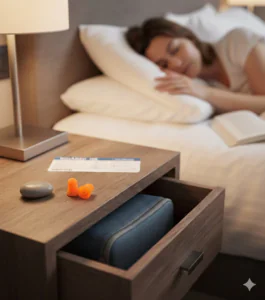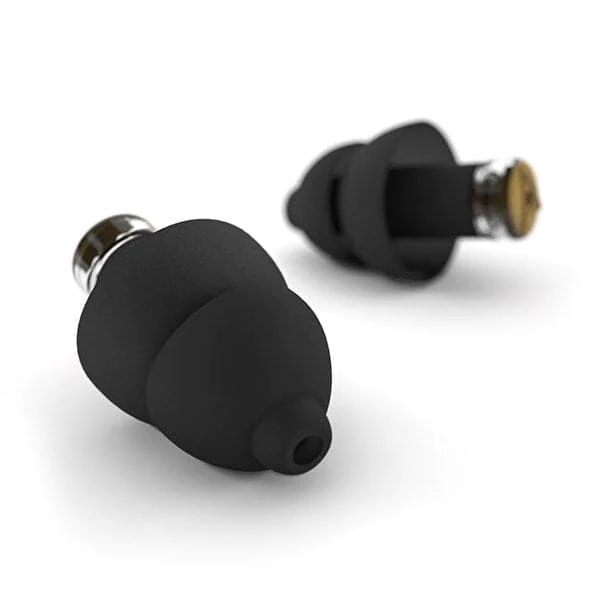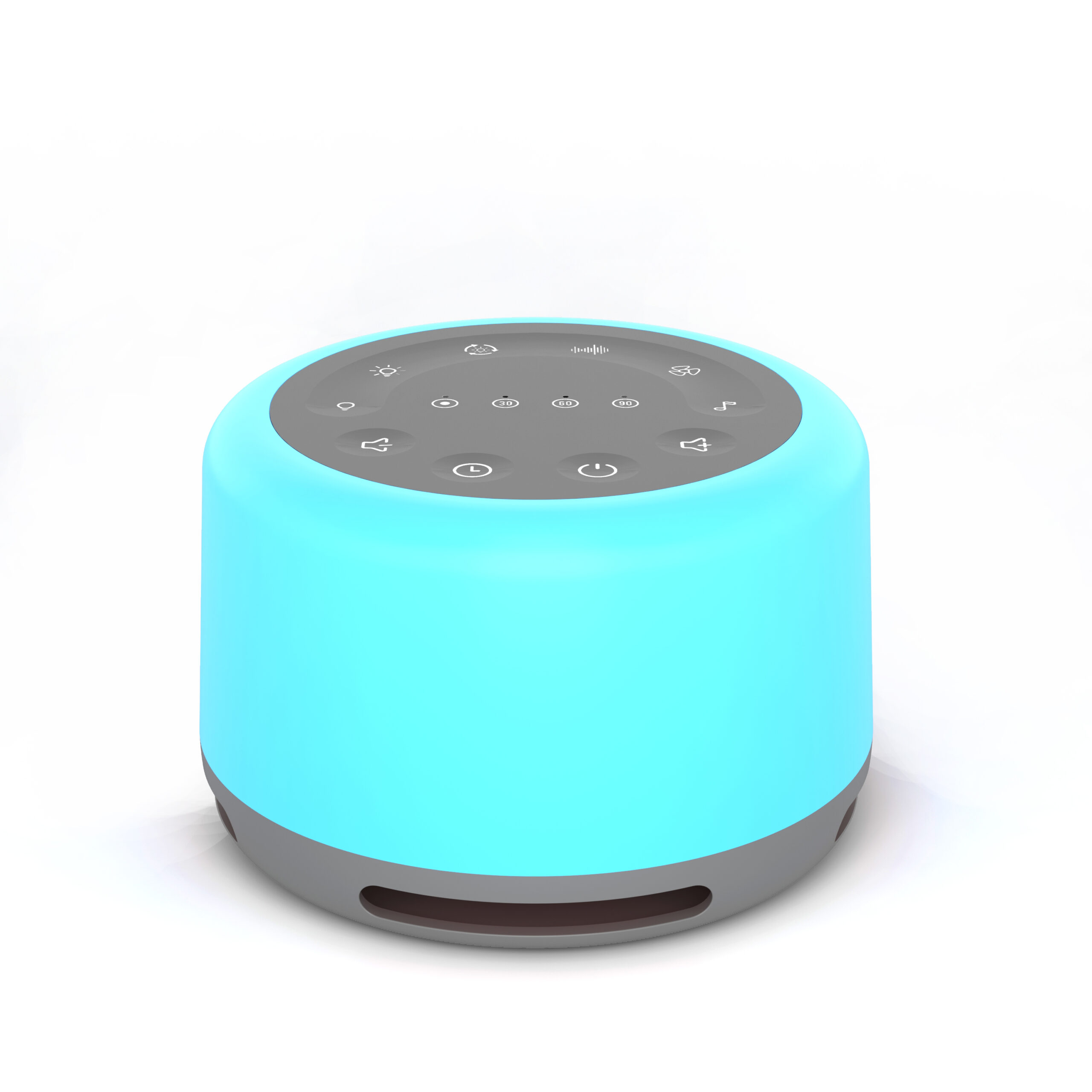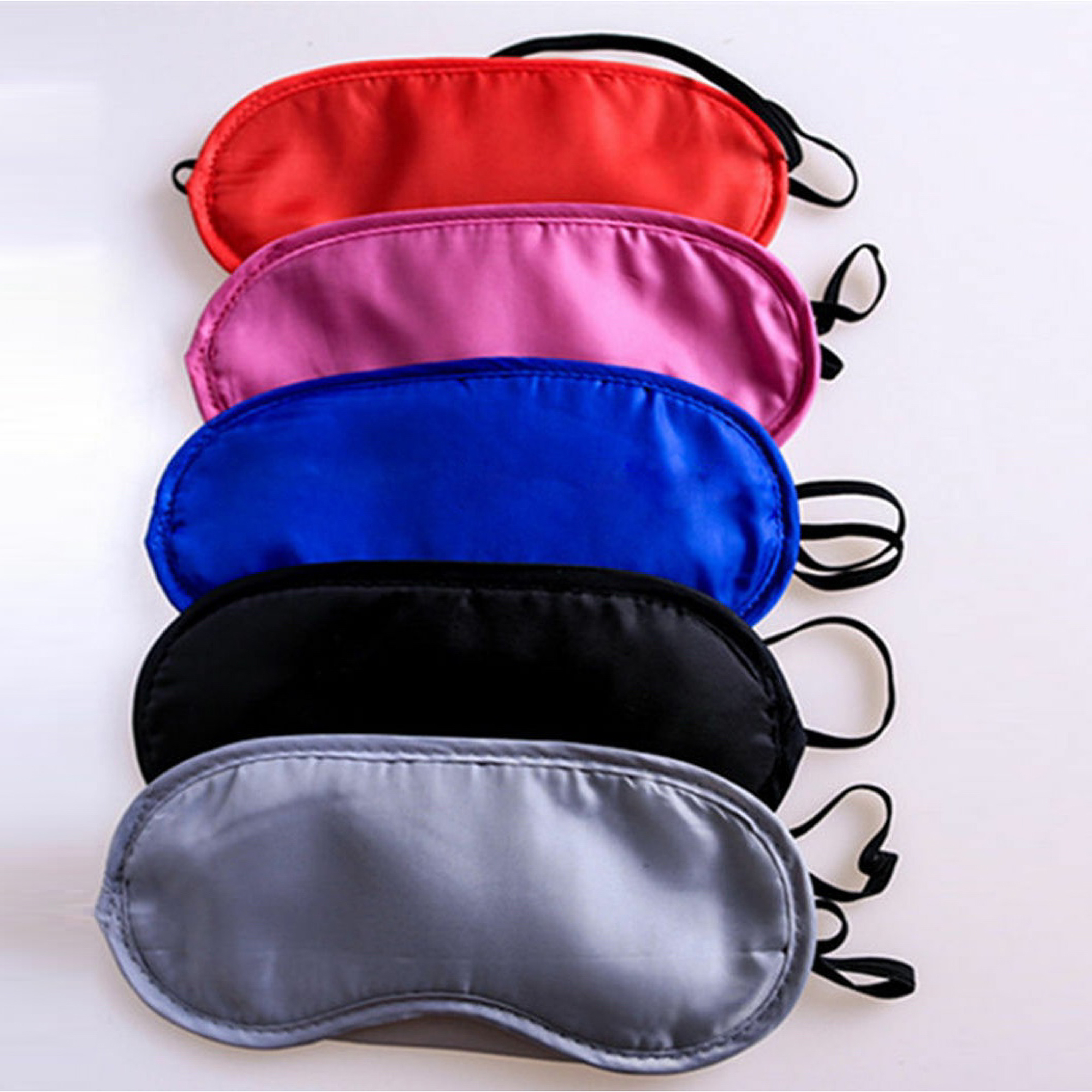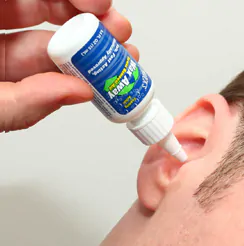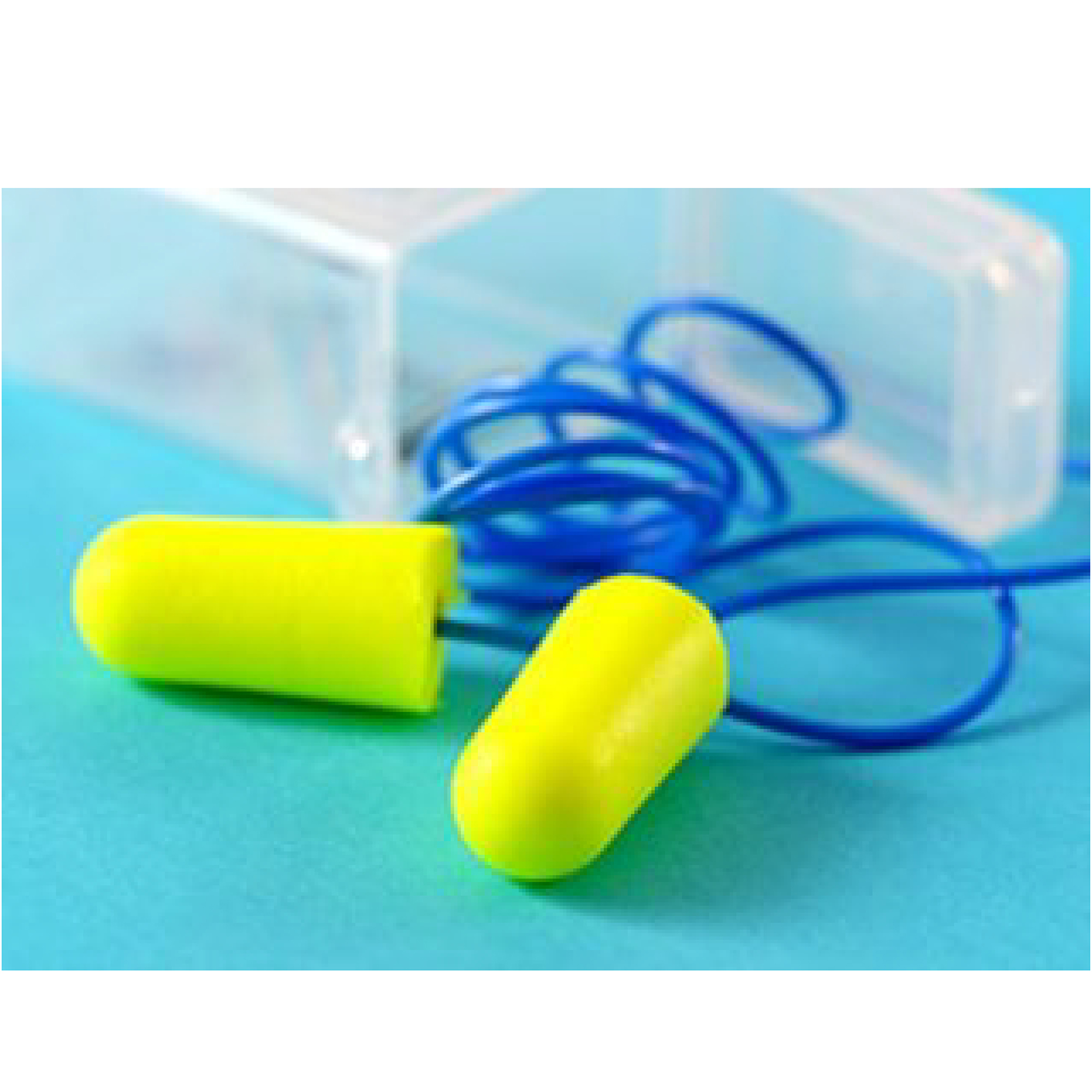Blog
Strategies For Night Sweats Management
- Daniel Hastings
Table of Contents
Are you one of those who are finding ways to manage night sweats? Then you are in the right place. Night sweats are more common than you might think, with research suggesting more than 70 percent of women experience these symptoms during menopause.
Health conditions like anxiety and hyperhidrosis and certain medications can also trigger night sweats. Along with disrupting your sleep patterns, night sweats can also force you to wash your pajamas or sheets several times a week, which chews uptime and increases your frustration.
10 Ways to Manage Night Sweats
While night sweats are often unavoidable, you can take plenty of steps to minimize the amount of moisture your body releases and enjoy a better night’s sleep.
Ways to stop sweating during the night, including investing in moisture-wicking sleepwear online.
1. Optimal Sleep Environment
Create a cool, well-ventilated bedroom with lightweight bedding, and consider using a fan. Ensuring a comfortable sleeping environment can minimize night sweats and enhance the quality of your sleep.
2. Appropriate Sleepwear

Choose loose-fitting, breathable sleepwear made from moisture-wicking materials. This helps regulate body temperature and prevents excessive sweating during the night, promoting a more restful sleep.
Keep cool with loose, moisture-wicking sleepwear that allows your skin to breathe throughout the night. These moisture-wicking pajamas are made with innovative Dri-release fabric and actively siphon sweat away from the body, keeping you both cool and dry while you sleep.
3. Hydration Practices
Stay adequately hydrated throughout the day to prevent dehydration-related night sweats. Drinking enough water supports overall health and can contribute to a more balanced body temperature during sleep.
4. Stress Management Techniques
Practice stress-reducing activities like deep breathing, meditation, or yoga. Managing stress levels can alleviate night sweats, as stress is a common trigger for this disruptive sleep symptom.
5. Medication Evaluation
Consult with your healthcare provider to review medications that may contribute to night sweats. Adjusting the dosage or timing of certain medications can help mitigate this uncomfortable nighttime experience.
6. Hormonal Balance
Address hormonal imbalances, especially in cases like menopause, with the guidance of a healthcare professional. Hormone replacement therapy may be considered to manage night sweats associated with hormonal fluctuations.
7. Identifying Triggers
Identify and avoid triggers such as spicy foods, caffeine, and alcohol, especially in the evening. This can help reduce the likelihood of experiencing night sweats and promote a more comfortable sleep.
8. Regular Exercise

Engage in regular physical activity to maintain a healthy lifestyle. Exercise not only supports overall well-being but can also regulate body temperature, potentially reducing the frequency and intensity of night sweats.
8. Avoid Smoking and Second-Hand Smoke

Inhaling nicotine releases a chemical called acetylcholine, which increases your blood pressure and raises your heart rate. Both these side effects activate your sweat glands and can result in overnight hyperhidrosis. Hyperhidrosis is the name given to uncontrollable and excessive sweating.
9. Don’t Drink Excess Alcohol or Caffeine

Alcohol and caffeine can affect the body’s nervous system, which can heighten sensitivity toward temperature. Both substances can also affect blood pressure and heart activity, which can result in night sweats.
10. Avoid Eating Spicy Foods

While it can be tempting to indulge in your favorite Indian, Thai, Mexican, and other spicy foods, they often contain a naturally occurring chemical called capsaicin, which activates heat-sensing nerves in the body that trigger night sweats in an attempt to cool the body down.
Stress and anxiety are common causes of night sweats; stress and anxiety create high cortisol levels, increasing your heart rate and blood pressure. This state of mind correlates with a higher body temperature, contributing to excessive night sweating.
Conclusion
In conclusion, there are numerous efficient, cost-free methods that may be used to manage night sweats without spending any money. These tactics can help reduce night sweats and enhance the quality of your sleep, from modifying your sleeping environment and selecting breathable bedding materials to engaging in relaxation exercises and leading a healthy lifestyle.
You can restore control over your overnight comfort and guarantee pleasant, sweat-free nights without breaking the wallet by making little but significant modifications to your everyday routine.

